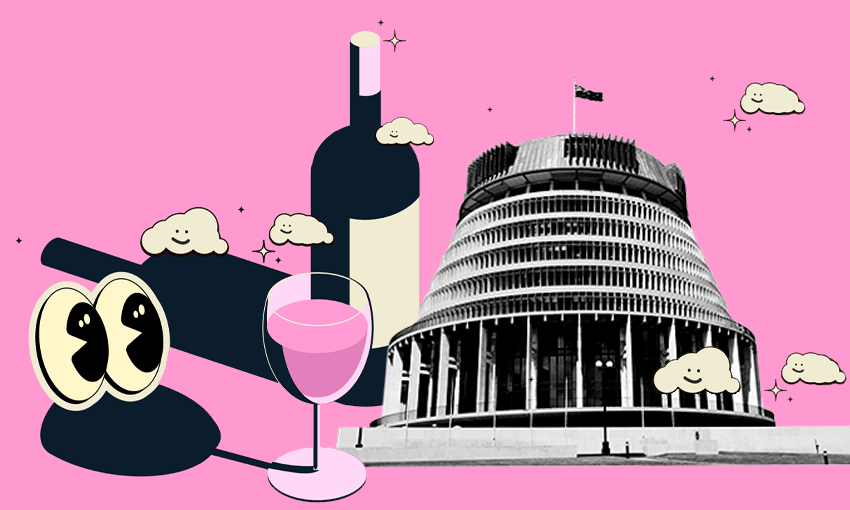Major UK broadcasters and Prime Video have pledged extra donations to the UK’s Film & TV Charity following an astonishing 800% rise in grant applications from workers struggling with the economic downturn.
The charity has also added an additional £500,000 ($636,000) to its budget as the BBC, Channel 4, Channel 5 and Prime agree further donations to its summer campaign. Other partners are expected to add to the overall pot as the challenging period looks set to continue.
The charity described the extra £500,000 as “unprecedented” and said the industry “faces critical economic conditions that could devastate the livelihood of professionals with long term consequences.”
The move is the first by new charity CEO Marcus Ryder, a former BBC News exec who took over from Alex Pumfrey earlier this month and is due to speak this week at the Edinburgh TV Festival.
In July, there was an 800% rise in what’s known as ‘stop-gap grant applications’ compared to the prior year, and this has driven the charity to act. The charity said the move has also been made in response to “emerging evidence that workers across the industry are exposed to financial insecurity that can negatively impact their mental health, with a wide range of current and more systemic contributing factors causing a perfect storm for many.” The organization has been documenting the industry’s collective mental health struggle since 2019.
“The rise in grants applications we have seen, and the testimony we are hearing from production staff feeling the effects of a wide range of factors all serve to underline a systemic problem with the financial resilience of the workforce who drive the UK production sector,” said Ryder.
The charity’s latest Looking Glass research showed three quarters of respondents to be worried about future income, and that was prior to the current cost-of-living crisis taking hold, Ryder added. Broadcaster budgets have been squeezed due to the ad market downturn and licence fee freeze, and freelancers across the board have been reporting a lack of work, exacerbated by the knock-on effects of the U.S. labor strikes.
Ryder added: “Just as they worked with us in response to the mental health emergency uncovered by the first Looking Glass survey, we hope our partners and stakeholders will once again rise to the challenge and come together to address what is clearly the next significant pillar of our collective response to improve the wellbeing of everyone working in our industry.”
The charity urged those with financial worries to contact its free support line or visit the website.





















Discussion about this post